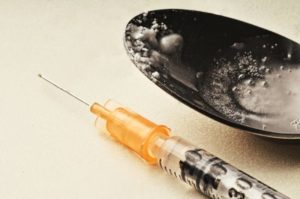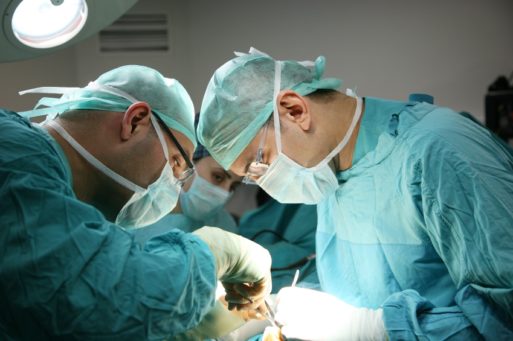The United States is in the midst of what experts are calling an epidemic of opioid abuse. According to data from the U.S. Centers for Disease Control and Prevention, prescription opioids such as oxycodone and methadone were responsible for an estimated 165,000 deaths between 1999 and 2014. For the first time in U.S. history, drug overdoses surpassed car accidents as the leading cause of accidental death in 2014.

Credit: thefix.com
More recently, the introduction of highly potent synthetic opioids such as fentanyl and carfentanil (an animal tranquilizer that has a potency 10,000 times that of morphine) into the illicit drug market is heightening the death toll. According to the New York Times, drug overdose deaths in some parts of the country have doubled since 2012, and authorities believe these drugs are at least partly to blame.
Yet as tragic as these deaths are, they are proving to be a blessing for thousands of Americans who are waiting for an organ donor to save their lives. This year alone, 790 Americans who died from drug overdoses donated organs, an increase of over 50 percent since 2010. In New England, a region where the drug epidemic has hit particularly hard, organ donations from drug overdose victims now account for 27 percent of all transplants, says the Times.
Drug users have historically been considered unsuitable as organ donors, because they often carry infections such as hepatitis C and HIV. However, the severe shortage of available organs has led many centers to consider transplanting these organs rather than throwing them away. Says Dr. Robert Veatch, a professor of medical ethics at Georgetown University, “We know now that the mortality rate of being on the waiting list for several years is higher than that of getting an organ with an infection that is treatable.”
Furthermore, drug users in general tend to be younger and healthier than other potential donors, and transmitted infections are rare. According to Dr. David Klassen, the chief medical officer for United Network Organ Sharing, “The risk of actual infection transmission with current screening strategies is numerically very, very small.”

Doctors can transplant multiple organs from a single donor. Since the beginning of 2016, 69 drug overdose victims in New England saved over 200 lives .
(Credit:dawaiyatra.com)
Nonetheless, infections have occurred. Between 2006 and 2015, 249 of 174,388 transplant recipients contracted an infection from an organ donor, and 71 of them died. As a result, many doctors refuse to transplant organs from “high risk” donors, such as IV drug users, prostitutes, people who have been incarcerated, and men who have sex with men.
Yet for the almost 120,000 Americans currently awaiting an organ transplant, the benefits of a receiving an organ from a known drug user is often worth the risk. Just ask Rita Lottie, a 65-year old woman who received a donated organ from a drug user after almost dying from liver disease earlier this year. “When you have a terminal disease, you look at things differently,” she said in an interview with the Times. “I thought, if it gives me five to 10 more years, that’s more than I would have had.”
So far Mrs. Lottie, who is about the celebrate her 46th wedding anniversary, is doing well.

 In a Strange Twist, Drug Overdose Victims Are Saving Lives
In a Strange Twist, Drug Overdose Victims Are Saving Lives




 The Spiritual Symbolism of Cardinals
The Spiritual Symbolism of Cardinals














